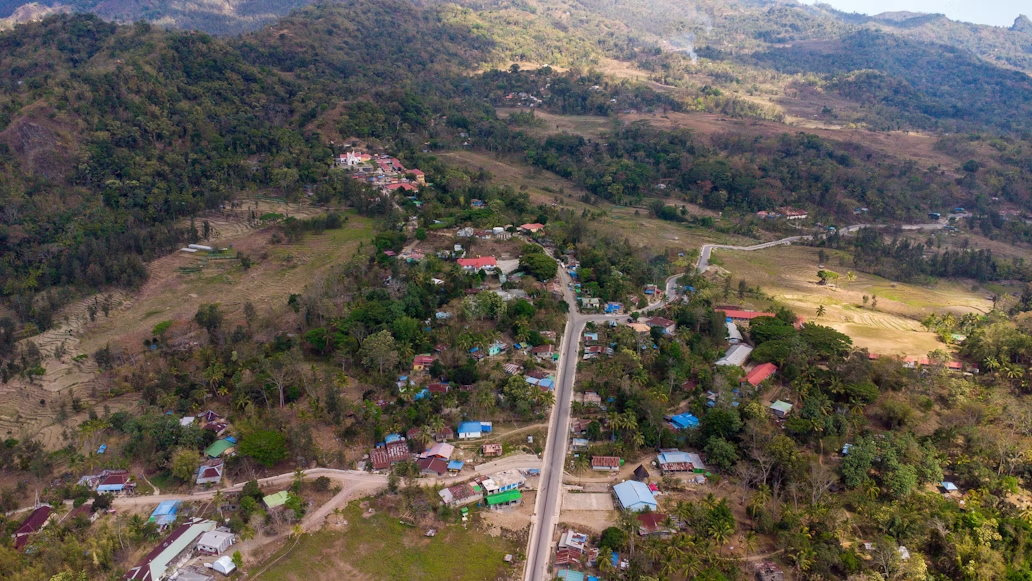Transportation Access as a Barrier to Preventive Healthcare in Rural Communities
Capstone Project
In rural America, limited access to reliable transportation acts as a silent but potent driver of poor health outcomes. This brief explores how transportation barriers prevent rural residents from accessing preventive medical care, resulting in higher incidences of chronic illnesses and escalating healthcare costs. Without coverage through programs like Medicaid or Medicare, individuals often delay care until conditions worsen, driving up economic burden for both households and healthcare systems. This inaccessibility contributes to lower workforce participation, especially in already struggling rural economies. The brief evaluates the systemic relationship between transportation, health equity, and economic productivity, and proposes policy solutions including mobile health units, expanded telehealth infrastructure, and transportation subsidies.



.jpg)
.jpg)
.jpg)
.jpg)






.svg)






.svg)
